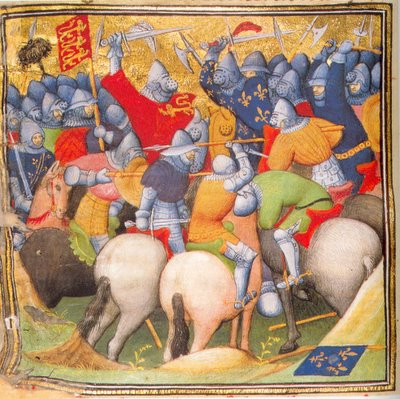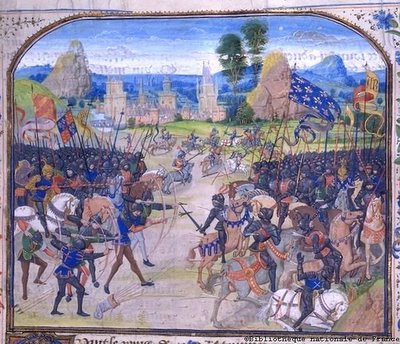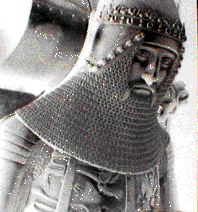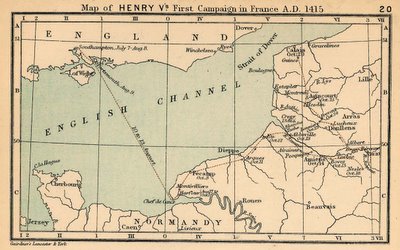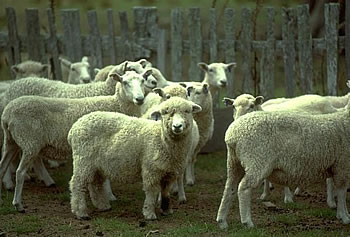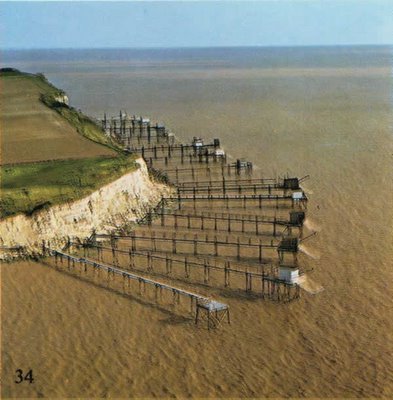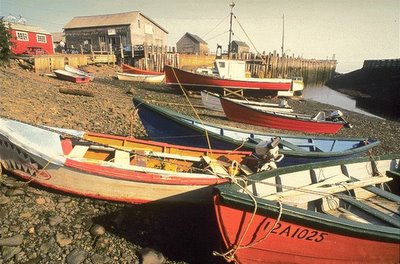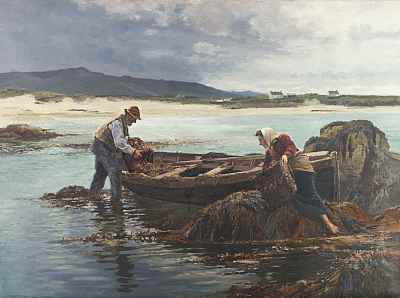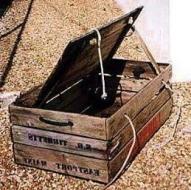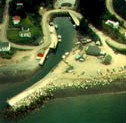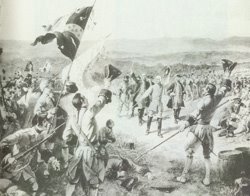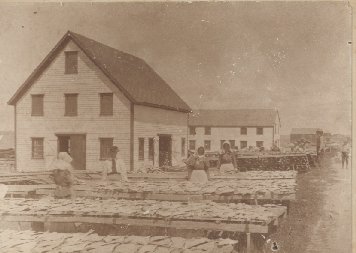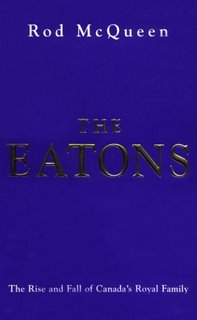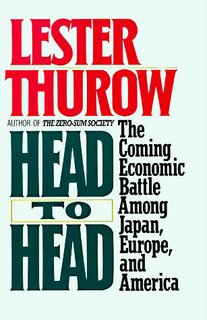
December 15, 2005
Dear (Anonymous Acadia University Employee),
Relevant analysis is sometimes free, unrequested, not always welcome, but worth taking a look at. So you are getting this letter. Read these themes. Excellence. Innovation. Diversity. Seek to display them. They will come.
Your internet presence is in a critical condition.
It is your first line of customer contact and it is critical.
It is in a hazardous critical condition.
I have to use UOW as my benchmark, because I know what they have been doing online and a lot of it works. International student draws are incredible there and I know the quality of what Acadia has to offer can be higher especially in ESL draws. But website design is the absolute rosetta for this ESL and international student market. That online presence must display:
Excellence.
Innovation.
Diversity.
Prospective students need to easily know why, it needs to be crisp, formatted and targeted. It needs to feel and look international. Look, sweetheart, at the moment it just doesn't. It looks Canadian. Yeah, OK, that is a given. But it needs Canadian with international facets. Beauty. Elegance. Brilliance. Shine. Spit and Polish. Basically it has to look perfect.
Take a Look. What do you see?
http://www.uow.edu.au/prospective/
http://www.uow.edu.au/prospective/international/
Images: Tag markers, context relevant, smiling faces, natural beauty, local features. Simple, small, repetitive.
Hark, where is thine own Blomidon? That inescapable monolithic outcropping of Cape Split? The wonderous folds and ripples of Wolfville Ridge? The bursting of the bounteous Apple Blossoms? These are the natural images, outstanding elements, elements that will sell and associate:
Beauty.
Excellence.
Innovation.
Diversity.
(Even in small frames.)
Associated Content Required: Emotional happiness, technology, faces of typical international students. Relevant targeting of markets on intakes.
Where are your short, easy to understand links?
Your smiling international faces?
For example, ESL false beginners are often telling their parents where they want to study, based on online content and images.
English that even a high-school educated senior who has not studied for twenty years can read and understand.
Short snappy, relevant texts, in soothing colour schemes.
Red is often associated with hazardous critical condition.
Acadia Colours:
This could be a sensitive issue considering the entire website appears to link to these issues, look, I just darn love those Acadia's colours, but there you are internationally selling red, white and blue, and my dear, where is the first relevant (internationally relevant) association at least emotionally with those colours? (Hint, it is not Canada.) Are you out to please the President here? Or international applicants choosing Canada over the USA? It may seem irrelevant, but it is gosh, darn relevant and it is the difference which helps define:
Excellence.
Innovation.
Diversity.
Relevancy: Flags mark languages, for faster recognition of an international landscape, cheap, fast, recognisable, and an added associated perception of fast, non-rural service. Instant international. Cheap. Fast response to inquiries, fast, cheap, there should even perhaps be a 24 hour email service. Fast, cheap, it is unbelievably fast in your global competitors' segments. Fast. How fast?
Contact Features: Initial "high wall" first contact, it is anonymous, cheap, for a reason, it implies exclusivity, priviledge, allure, wealth, not egalitarianism or social democracy, as Canada believes itself to be, but a global perception of higher value, where localized values and familiarity in first contact is often inappropriate, as in many developing countries, and in many of your target markets. It is an illusion and it is cheap.
It is sad but even possible that you could be just scaring them away with your own smiling, sweet, happy faces. The sweet, helpful staff. But true. Scary looking white people to some customers. Where for some customers even smiling can prove embarassing.Think HSBC ads. Think global impact.
A Homey Place: Wong Centre
Wong Centre is probably a very "homey" place, I have no doubt about it, but look, first impression, what is it? It is quaint, Victorian darning needles, and dowdy grandma's retirement facility. Young, hip, energetic, impressionable international students, those surfing in on the first website visit, their first impression is, well, do I need to say it?
Do they want to see grandma's hip replacements? Am I being quite gentle and graceful here? At my best. I am making gentle suggestions here. What is the difference between an Aussie or Valley twang here? The difference is ... website design. Just as Chaucer cheated with a few of his themes, you may liberally steal every good idea about how your website can sell your programs faster, better and cheaper. Selling the image of:
Excellence.
Innovation.
Diversity.
http://conted.acadiau.ca/
This webpage is as utilitarian as an escriven's lodestone. The photo display of a mere four fingers says it all. Grotesque!
http://conted.acadiau.ca/esl/index.html
Distant, far too many faces, imposing, scary, strangers, indefinable faces, not a welcoming image. Requires smiling happy face. One. Not intimidating. Happy.
http://conted.acadiau.ca/esl/index.html
First impression: index cards. Speeches and presentations, associated fear and loathing of public speaking.
Image: Exceedingly close contact for more Puritan markets.
Tag Buttons: Reminders of Montessori or Early Childhood Education, useful for cave people, entirely tired, boring and questionable, perhaps useful for communicating with aliens. Second language learners have some skills, usually highly evolved reading and writing. This format is almost, borderline, intellectual insult to many potential student markets. It appears to give the impression that they are challenged.
***All Constructive Criticism (I hope it is taken as such.)***
Program Alignments
Intakes : A multi-disciplinary aspect here, your little ESL students, yes they come in various forms, yes they require different dynamics as referred to courses, et cetera, but their over-riding interest internationally is in a program of study which improves their language ability specifically for participation and entry into academic qualifications tailored to their needs, as in, every program should be so aligned as to be useful for attaining that designation and TESOL clearances, and all should be easily transferrable into full-time studies arrangements which are designed specifically to accept them. Cheap.
College Certificate Designations for ESL Courses
For example, UOW University College issues ESL Certificates, the whole deal. Further, it underwrites (discounts) for its students in their full-time tuitions in regular programs. It is not exactly a discount, but it is a slightly lower price, something cost- conscious language students cum regular studies transfers are highly tuned to consume. Penny counters. But it is also just the fast track to entry and acceptance into regular programs of study.
UOW Awards: http://www.uow.edu.au/about/awards.html
http://www.uow.edu.au/about/statistics.html
A Beautiful Bridge to Full Time Entries
These ESL students then require full-time studies programs aligned with regular programs, for example post-graduate business degrees, and information technology options. The "lite" type courses extremely popular globally, even in the great USA.
These are the methods of market leaders. Useful and relevant. Profitable. Many students are simply looking for these types of post-graduate degrees to take home with them. Relevant, modular, economical, international.
From Public U to Private U
An Atlantic Canadian Opportunity
http://www.aims.ca/education.asp?typeID=1&id=1195&fd=0&p=1
Upselling The Competition
Salesmanship: Competitive, head to head marketing up-selling Acadia as the safer option to Halifax choices. It has to come off as within reach of an urban area, for example even UOW has a few adjunct campuses. I think Acadia could use a few, probably in Halifax, Dubai, and maybe Singapore. Six classrooms, for example, especially ones built for the purpose.
Going cheap. http://www.swsda.com/whatsnewresult1.cfm?ArticleID=49 How long before Acadia gets to that point?
Forward to anyone in your organisation who might need to read common sense to common profits. Sleek, cheap web design tactics are only the beginning.
Sincerely, Daniel Costello





